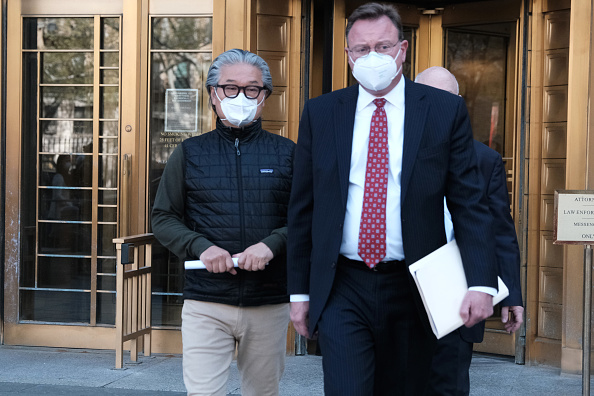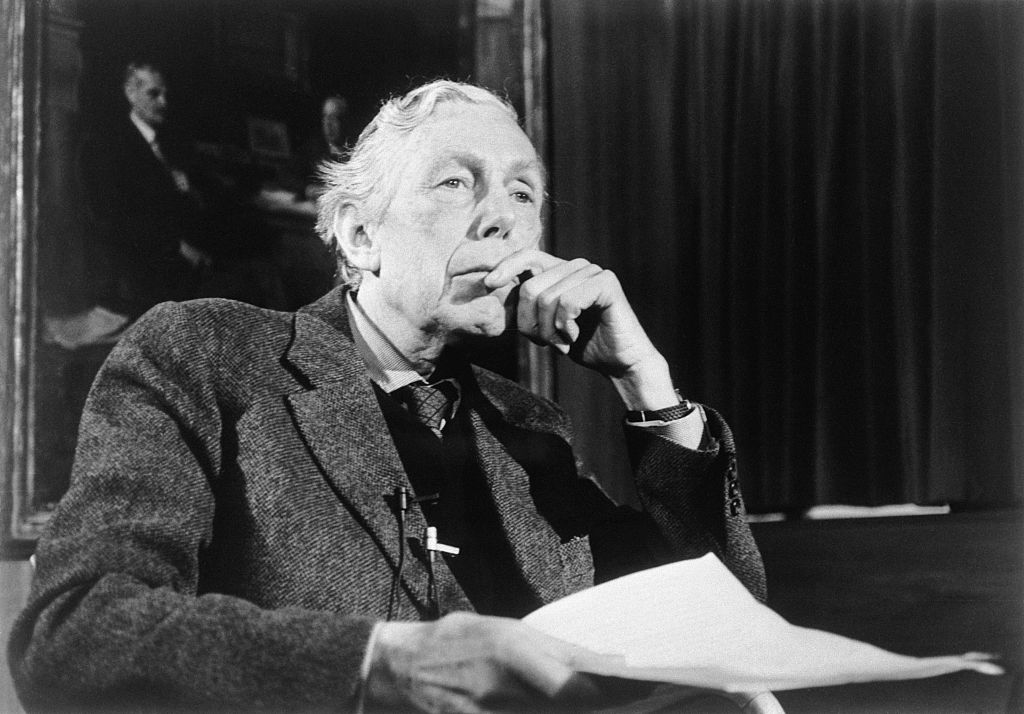Courtier: “Sire, the peasants, they’re revolting!”
King Louis XVI: “I know that, they stink on ice.”
– Mel Brooks, History of the World Part 1
One suspects the governing coalition in Berlin harbours a similar view of those damnable peasants in Thuringia and Saxony. The “peasants” tossed the Greens and Free Democrats right out of the Thuringia parliament and reduced the Social Democrats (CDU) to a single-digit minor party in Saxony, trailing the emergent voice of the German Left, Sahra Wagenknecht and her eponymous BSW. While the Alternative for Germany (AfD) was the big winner in Thuringia and a close second to the Christian Democratic Union (CDU) in Saxony, the party is still isolated by a Brandmauer — a firewall — forestalling coalition talks with other parties. Instead, the second-place CDU is haggling out an agreement in Thuringia with the Social Democrats and Wagenknecht’s BSW, which would still fall one seat short of a majority.
The acceptance of former Socialist Unity Party of Germany (SED) member Wagenknecht as an acceptable CDU coalition partner is telling in the sense that her party’s positions do not differ substantially from those of the AfD. Both espouse economic nationalism, hostility toward migrants, and a pronounced affinity for Russia. Yet Wagenknecht, married to former Social Democratic Party (SPD) warhorse and Bundeskanzler candidate, Oskar Lafontaine, is clearly a paid-up member of the Berlin elite, while AfD leader Bjorn Hocke is most definitely not. One suspects the big difference is one of style: while Wagenknecht is a smooth and attractive politico, Hocke is a genuine firebrand, willing to stir up his supporters and traffic in near-taboos such as Alles fur Deutschland — all for Germany — that echo the National Socialist era.
Which is telling, in that both the AfD and the BSW are very comfortable with socialist policies housed under a nationalist economic policy. Both are suspicious of big business, the European Union’s competition agenda, and of course the generous benefits handed out to migrants and asylum seekers in Germany. When it comes to the impact on national and European politics, the CDU’s preference for a coalition with the BSW over the AfD may be a distinction without a difference. Either would drag the CDU toward protectionism and a resistance to EU mandates on competition, state aid for industry, migrant resettlement and the Green New Deal.
Despite CDU efforts to tame the BSW, Wagenknecht will likely make at least one of her favoured policies a demand for coalition governance in Thuringia. You can imagine that the CDU will use an agreement there to test which current policies to pitch overboard in the run-up to the 2025 federal elections. Given the poor performance of the Greens and the Free Democratic Party (FDP), it will be a close contest between dumping Green policies like the electric vehicle (EV) mandate or abandoning FDP objections to state aid for favoured national industries.
The travails of Volkswagen lie at the sad convergence of the FDP and Green policies the CDU may soon jettison. The company just announced plans to shut down excess factory capacity in Germany while it expands in China. Under the FDP’s neoliberal agenda, this is fine as long as it reduces the price Germans pay for cars, even if those cars are made overseas. Volkswagen is also struggling to meet the EU’s EV mandate, which will require the company wind down its production of internal combustion engines at the end of this decade and somehow catch up with technological leaders Tesla and BYD.
If German jobs are to be protected, the CDU will need to embrace new EU tariffs and slow the transition to EVs. In a political competition for votes, the fate of German auto workers carries more weight than the revenues VW pulls from its sales in China, or the carbon reductions mandated by the EU. Which is to say, the cries of those damnable peasants in Thuringia are likely to echo across the German industrial economy before long. The country is just embarking on a long transition away from cheap Russian fuels and a once-booming Chinese market. If it is to maintain employment in its leading industrial sector, it will need to offer its automakers protection both from Chinese competition and from threats to its core competence in internal combustion engines. In a looming era of neo-mercantilism in both China and the United States, it is not hard to see German industrialists sizing up the EU’s Single Market as a profitable haven protected from foreign competition and disruptive innovations.
Although the Brandmauer will remain, the specific policies favoured by the AfD will begin to infiltrate the German mainstream, either through a CDU/BSW regional coalition or simply in response to the torpid national economy and the febrile politics of migration. The peasants demand that Berlin protect them from overseas competition, the imperious demands of the EU’s Green New Deal, and of course any more violent attacks by unassimilated migrants. A winning strategy for the CDU in 2025 will require the integration of these populist demands into the party platform. In much the same way that the CDU’s Angela Merkel snatched away the SPD’s favoured policies a decade ago, the present leader of the CDU Friedrich Merz is likely to steal key policies from both the AfD and the BSW. He doesn’t really have much of a choice, lest the peasants remain revolting.





Zelensky drags America into war, or Zelensky loses